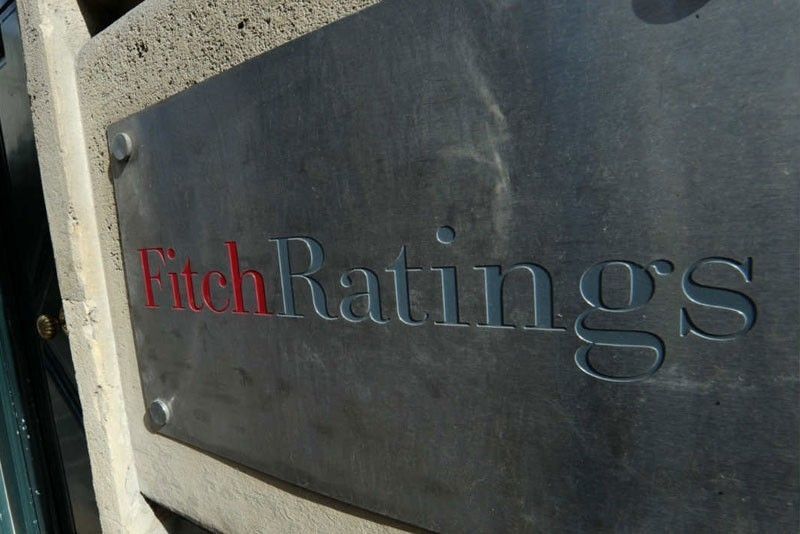Philippines banks least affected by COVID-19 outbreak — Fitch

MANILA, Philippines — Philippine banks are sufficiently capitalized and are less likely to be affected by the impact of the coronavirus disease 2019 (COVID-19) global outbreak, according to Fitch Ratings.
The debt watcher said the Philippine economy’s exposure to Chinese flows is relatively light and the banking system’s credit exposure to the hospitality sector is also less than two percent of its portfolio.
“The domestic economy is starting from a strong position, and rated banks are sufficiently capitalized,” Fitch said.
However, Fitch said remittances from key markets such as Hong Kong, Singapore and the Middle East could decrease over the long term due to the spreading coronavirus.
Latest data from the Bangko Sentral ng Pilipinas (BSP) showed cash remittances coursed through banks went up by 4.1 percent to an all-time high of $30.13 billion last year from $28.94 billion in 2018.
Likewise, personal remittances consisting of cash and non-cash items that flow through both formal or via electronic wire and informal channels such as money or goods carried across borders increased by nearly four percent to a record high of $33.47 billion in 2019 from $32.21 billion in 2018.
For this year, the BSP sees OFW remittances growing by three percent.
“The COVID-19 outbreak will hit Southeast Asian banking sectors through weaker economic growth, slower credit growth and dampened profitability,” Fitch said.
The international credit rating agency pointed out banks in tourism-dependent Thailand and China-exposed Singapore are likely to be the most affected by the virus outbreak.
“However, Singaporean and Thai banks have sufficient loss-absorption buffers to withstand this pressure, although the impact will depend on the extent and duration of the outbreak,” it said.
Banks in Singapore and Thailand have announced relief measures, which can alleviate some near-term asset quality and profitability pressures.
Fitch said other markets have announced stimulus packages, and Thailand, Indonesia, Malaysia and the Philippines have cut interest rates.
BSP Governor Benjamin Dioko earlier said the capital adequacy ratios (CAR) of Philippine banks, both on a solo and consolidated bases, continue to be well above the standards set by the Bank for International Settlements (BIS) of eight percent, as well as the BSP”s standard of 10 percent.
Diokno said the gross non-performing loans (GNPL) and non-performing assets (NPA) ratios of Philippine universal and commercial banks have been falling since the early 2000s.
- Latest
- Trending






























